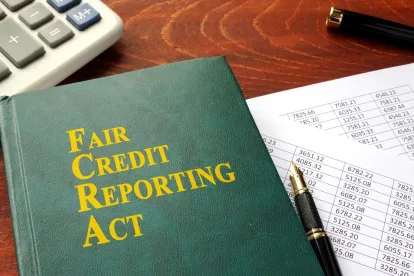In Hood v. Action Logistix, LLC, 2021 U.S. Dist. LEXIS 569974, the Eastern District of Missouri considered everyone’s favorite FCRA issue: standing for procedural violations! The plaintiff applied for a job with defendant, which ran a background check on the plaintiff after extending a tentative offer of employment. Following receipt of the background check, the defendant informed the plaintiff that he was no longer eligible for employment due to information in the report. Under § 1681b(b)(3)(A) of the FCRA, anyone who obtains a consumer report for employment purposes is required to provide both an FCRA Summary of Rights and a copy of the report to the consumer before adverse action is taking.
The plaintiff sued, claiming that he was not provided with the FCRA Summary of Rights, and was not permitted to review the report and address any information in it before his offer of employment was withdrawn. He did not, however, claim that any information in the report was inaccurate, or that his review would have resulted in him obtaining employment.
The defendant moved to dismiss, claiming that the court lacked subject matter jurisdiction because the plaintiff lacked a concrete injury, and therefore lacked standing to sue. The court, relying on Spokeo, Inc. v. Robins, as well as the Third and Seventh Circuits, found that a procedural violation of the FCRA in instances like this could give rise to a concrete injury. Interestingly, however, the court also noted that the Ninth Circuit disagreed with the Third and Seventh Circuits. Reviewing the language and legislative history of the FCRA, along with other legal authority regarding standing, the court determined that the plaintiff had standing to bring suit for this procedural violation of the FCRA.
As these standing cases develop, time will tell whether the Ninth Circuit sticks by its position that these sorts of technical violations do not constitute injuries, or whether there is a developing consensus in courts across the country that these kinds of violations do give plaintiffs standing to sue. And of course, this all may change depending on how the Supreme Court rules later this year. CPW will be there as this area of the law continues to develop. Stay tuned.




 />i
/>i

